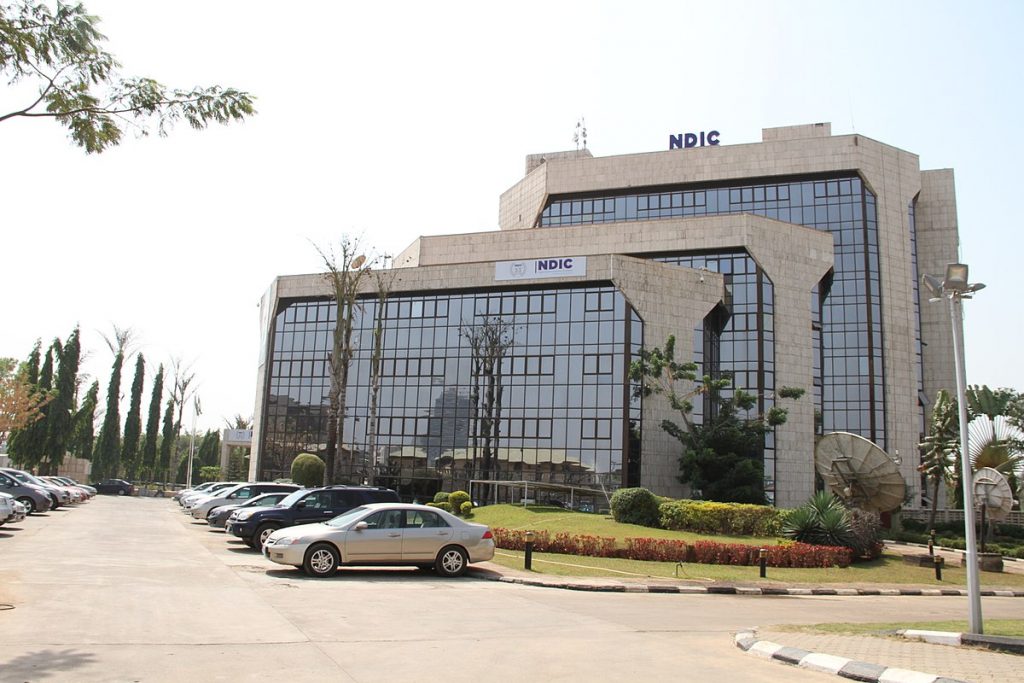The Nigerian Export Promotion Council (NEPC), on Thursday in Kaduna trained sugarcane farmers, processors, prospective exporters and other stakeholders on modern techniques for exporting the crop through value-chain approach.
The theme for the one-day capacity building was “Modern Techniques in Production, Processing and Packaging for Export of Sugarcane Through Value-Chain Approach in Kaduna State”.
Mr. Kasim Ahmed, the Trade Promotion Advisor, Kaduna Export Assistance Office, said the training was created to abreast the stakeholders with prerequisite knowledge on how to produce high premium sugarcane, processing it and packaging it for export.
He noted that there were few challenges confronting the exportation of sugar cane to the international market such as poor quality production, processing and packaging.
He said, as a Council and a lead Federal Government Agency in formulating export policies, NEPC finds the situation worrisome.
Ahmed said the challenges has affected the export volume, value and good bargain in the international market by increasing the rejection of the products.
According to him, Kaduna State is the major producer of sugar cane in Nigeria, and that the NEPC is at the forefront of its promotion.
He restated the NEPC’s commitment in promoting and diversifying the export of non-oil products in Nigeria.
Ahmed said after the training, the participants would gain knowledge on the activities of NEPC, dynamics of export trade and exportation of quality sugar cane from the county.
He advised them to make the best use of the opportunity to equip themselves and be ready to increase non-oil export volume and value in Nigeria.
Hauwa Yusuf, the Managing Director Hawy’s Foods Nigeria Limited, said in 2012, the Federal Executive Council approved the Nigerian Sugar Master Plan (NSMP) which included a regime of fiscal and investment incentives to provide
conducive environment for the implementation.
Delivering a presentation on sugarcane production and value-chain process, she said the NSMP plan was approved for implementation in order to reduce the country’s over reliance on sugar importation.
She added that the NSMP was also to boost local production of sugar to meet local consumption needs and attain national self-sufficiency.
“The NSMP was also to create job opportunities for youth and boost income for sugarcane farmers and reduce the pressure Nigeria’s foreign reserve, and possibly earn foreign exchange from export of sugarcane value added product,” she said.
Yusuf listed the sugarcane value added products to include jaggery syrups and molasse, sugarcane juice, frozen sugarcane, bagasse disposable tablewares and bagasse briquettes.
She further said Nigeria is the second largest consumer of sugar in Africa where it only produce about 38,000 metric tonnes of the 1.7million tonnes consumed, leaving it to import about 1.6million tonnes.
She also said Nigeria has vast arable land available for sugarcane farming in states like Kaduna, Katsina, Taraba, Adamawa, Jigawa, Sokoto, Niger, Nasarawa and Kwara, noting that the sugarcane value chain has great potential if well harnessed.
Yusuf explained that there were two methods of processing sugarcane which are the traditional and mechanized method.
She lamented that Nigeria still process sugarcane the traditional way, where it is done in open pan on a furnace.
Stakeholders want insurance companies to engage farmers to bridge knowledge gap
Stakeholders from various sectors have called on insurance companies to engage farmers across the country to bridge the agriculture insurance knowledge gap existing amongst them.
The stakeholders spoke at an online ‘Insurance September’ forum convened by an insurance expert, Mr Ekerete Gam-Ikon in Abuja on Thursday.
Mr Micheal Kadiri, Head, Risk Management of ThriveAgric, said that there was need to develop the agriculture insurance market to ensure adequate economic growth.
He said that smallholder farmers who produced about 90 per cent of food consumed in the country were not adequately sensitised on the issue of insurance.
Kadiri listed the challenges of agriculture insurance to include moral and religious belief, slow and tedious claims process and poor data collection.
Ms Comfort Onyaga, the Chief Executive Officer of Izanu Africa, an insurtech company, said that agriculture insurance could be made as tangible as inputs to enable farmers get value for their money.
Onyaga said that farmers most times did not have adequate awareness about the insurance products they keyed into.
She called on insurance companies to demystify products for clearer understanding by farmers.
Mr Tokunbo Akingbala, the Partner Poster Villam, team of agribusiness consultants, said that insurance companies needed to reach out to farmers through cooperative societies.
Gam-Ikon in the recommendations of the forum said that technology could be applied to reduce challenges faced by farmers.
”We need to build capacity within the country to improve insurance experiences of farmers,” he said.
Insurance September is a annual event that brings insurance policy holders together to enable them share experiences.














